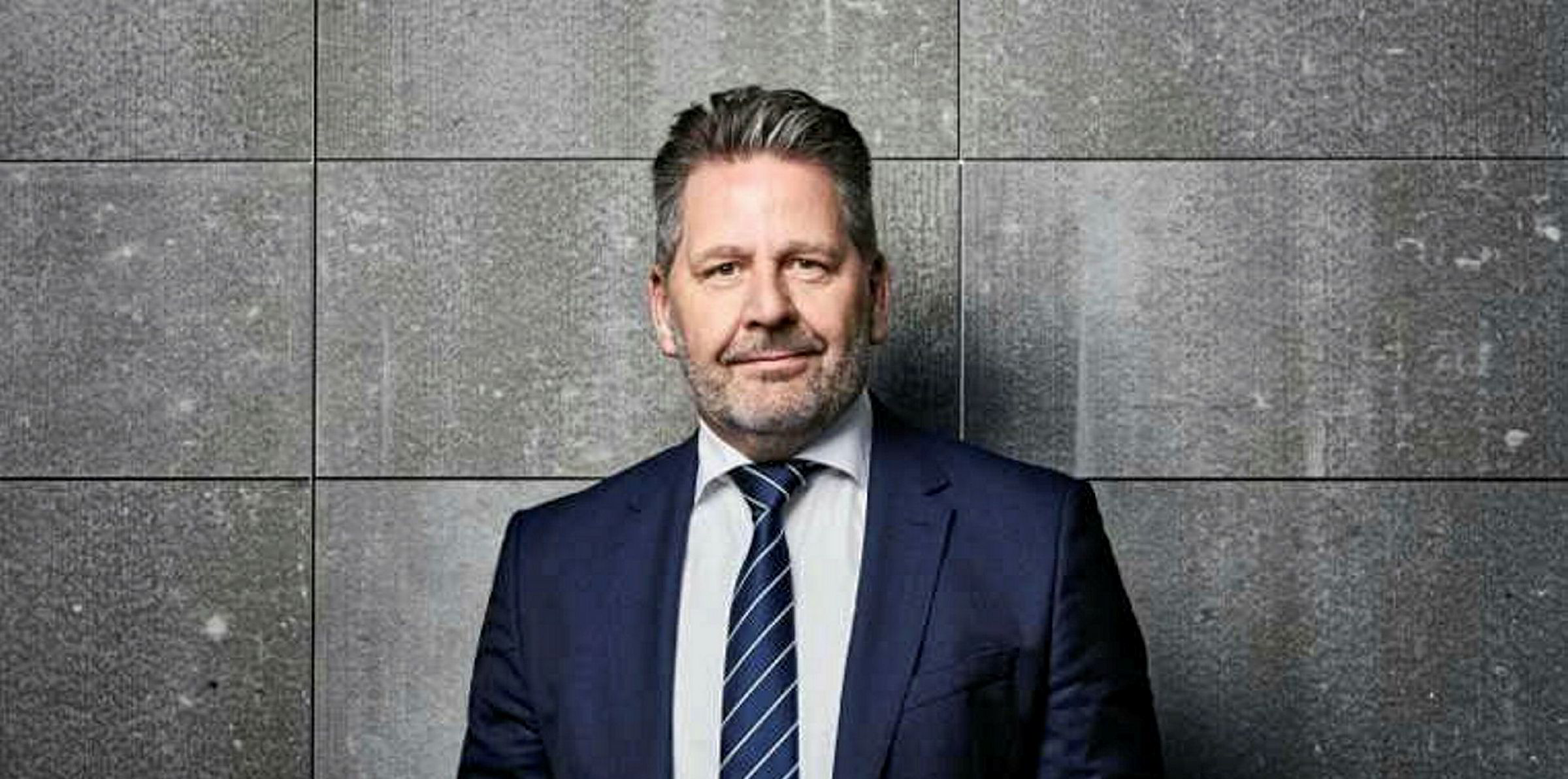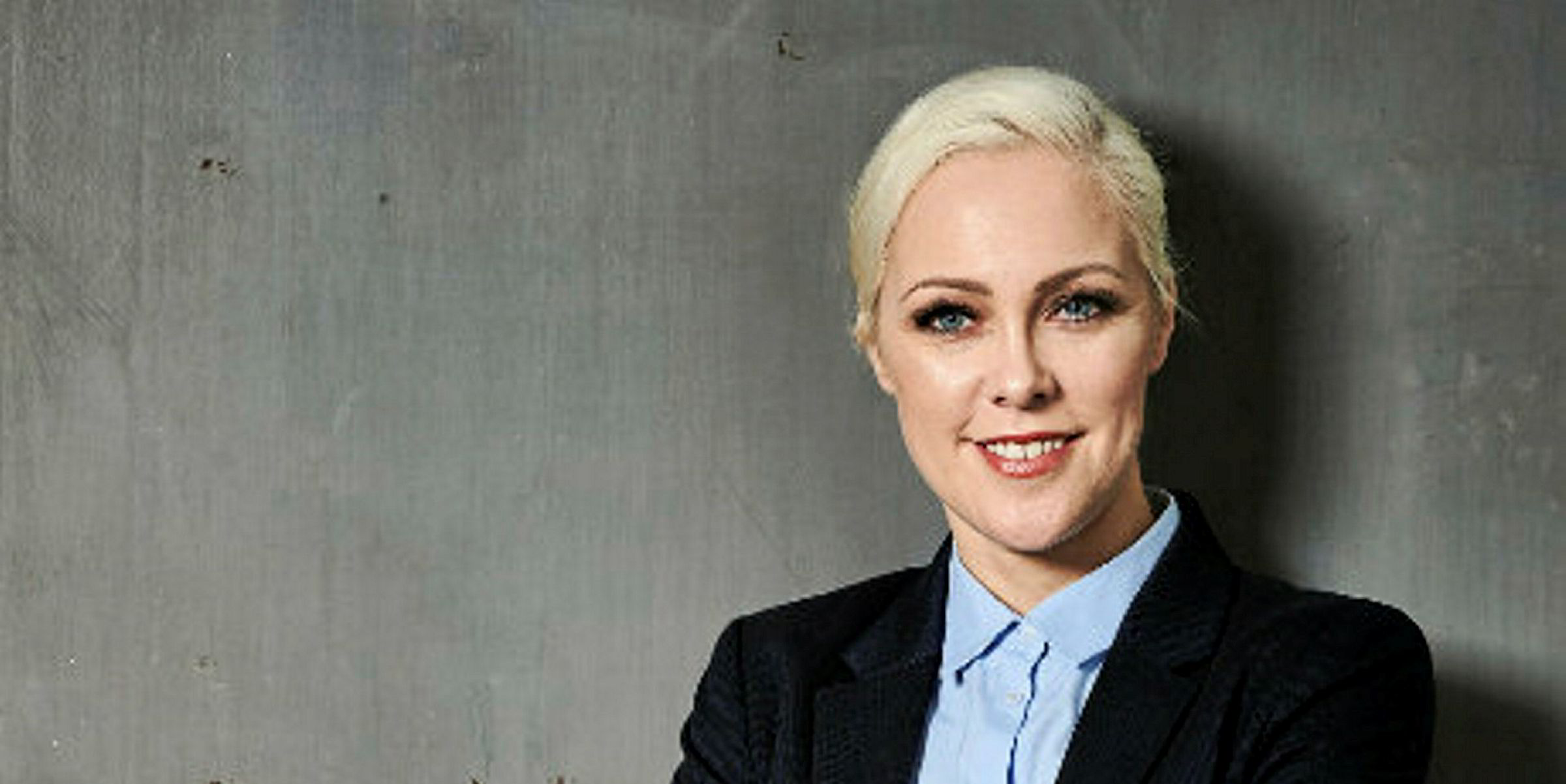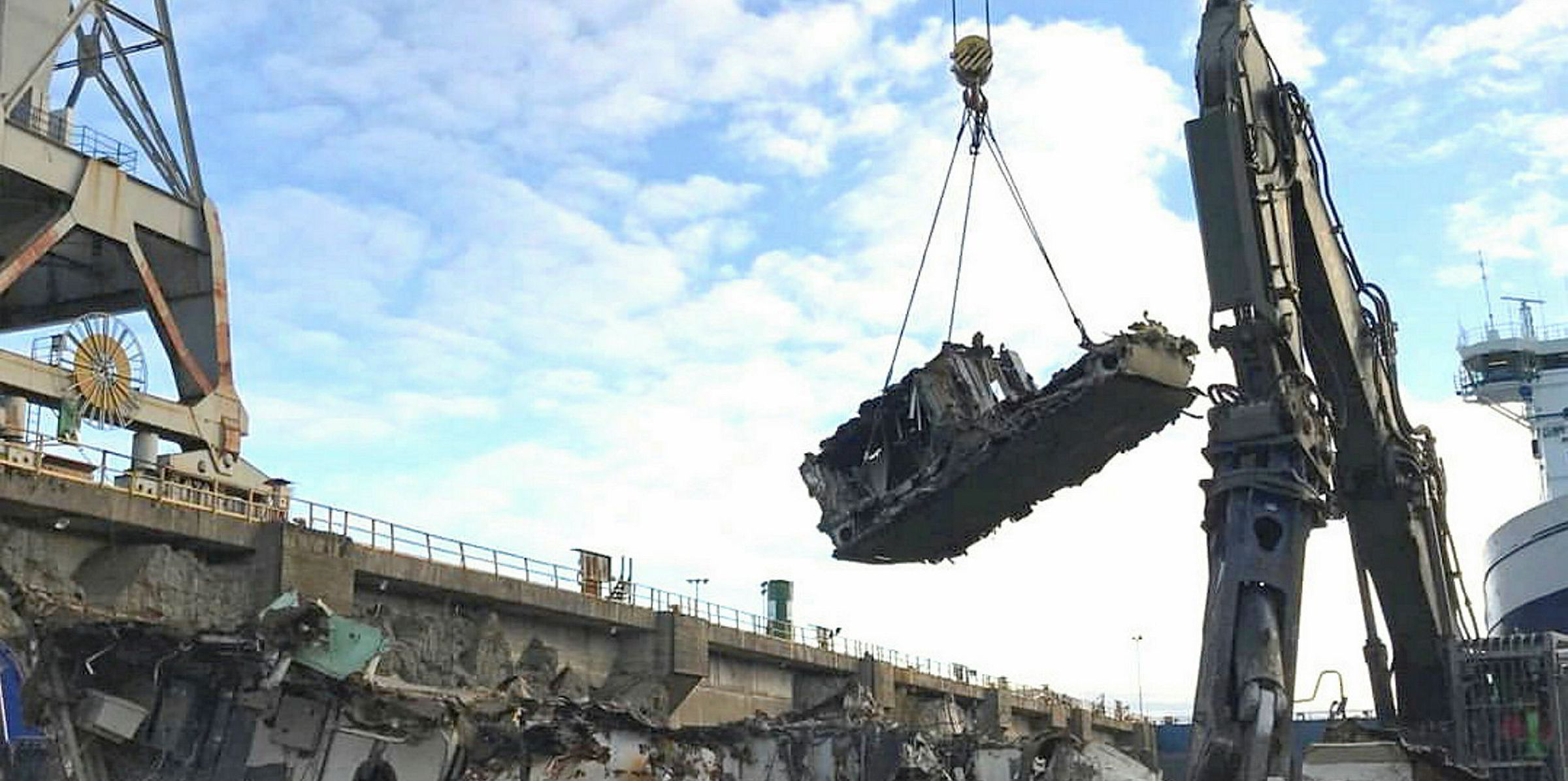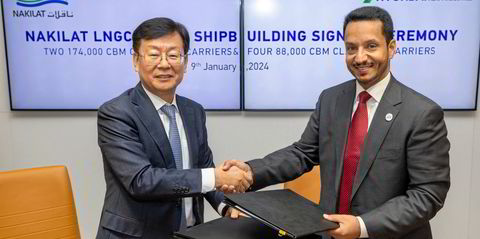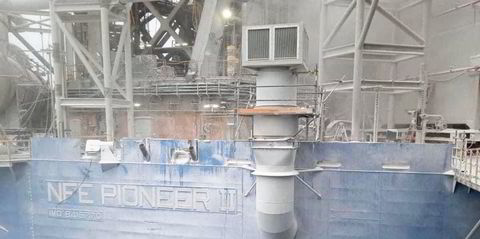Denmark’s Uni-Tankers recorded stronger net results in the first financial year after the exit of Danske Bank as co-owner.
In its annual report, the Middelfart-based tanker operator said the improvement partly resulted from a series of turnaround measures that were first launched in late 2018.
Uni-Tankers said cost-cutting initiatives, investments in human resources and the expansion and diversification of its fleet have enable the company to focus on growing revenues and providing better customer service.
“Our work to improve our cost structure, strengthen our team and diversify our fleet has resulted in the best results we’ve seen since 2016,” chief executive Per Ekmann said.
“Despite the current pandemic, I am optimistic about our direction and the years to come.”
The company posted a net profit of $2.2m in the year ended on 30 April, compared with net losses of $28.2m in the previous year, which included a $21.5m write-down on impairment of vessels.
Revenues rose to $204m from $201m.
As part of Uni-Tankers’ strategy review, Ekmann, formerly chief operating officer and chief commercial officer, was appointed chief executive in late 2018 when Torben Andersen stepped down.
In April 2019, Torben Ostergaard-Nielsen’s United Shipping & Trading Co (USTC) injected fresh capital to Uni-Tankers and regained the full control of the subsidiary.
Danske Bank, which had become a shareholder via a $30m loan-to-equity deal in 2016, agreed to exit as a co-owner at that time but sealed a separate deal to provide financing for another seven years.
Uni-Tankers operated 36 tankers totalling 291,940 dwt as of end-April, including 47% owned and 53% on time charters.
The company has chartered another four stainless-steel vessels on a long-term basis, which will enter service in mid-2020. Uni-Tankers said it would have 40 vessels in its fleet by the end of this year.
Uni-Tankers has also acquired the 3,500-dwt bunker tanker Amak Swan (built 2005) to take advantage of synergies within USTC, which runs its marine fuel business through subsidiary Bunker Holding, according to the annual report.
The ship is on a long-term charter to Bunker One, the physical delivery arm of Bunker Holding.
Looking forward, Uni-Tankers said it expects “a modest improvement” in its business performance for the current financial year due to the continued effects if its turnaround measures, despite uncertainty amid the coronavirus pandemic.
“Governments around the world have taken steps, imposing lockdowns, border closures and other measures that have affected trade, consumption and, consequently, the global economy in general. In addition, measures taken by the Danish government forced the Group to temporarily send employees home,” the annual report said.
“All of this affects the Group’s business and could negatively impact the 2020/21 financial year.”
